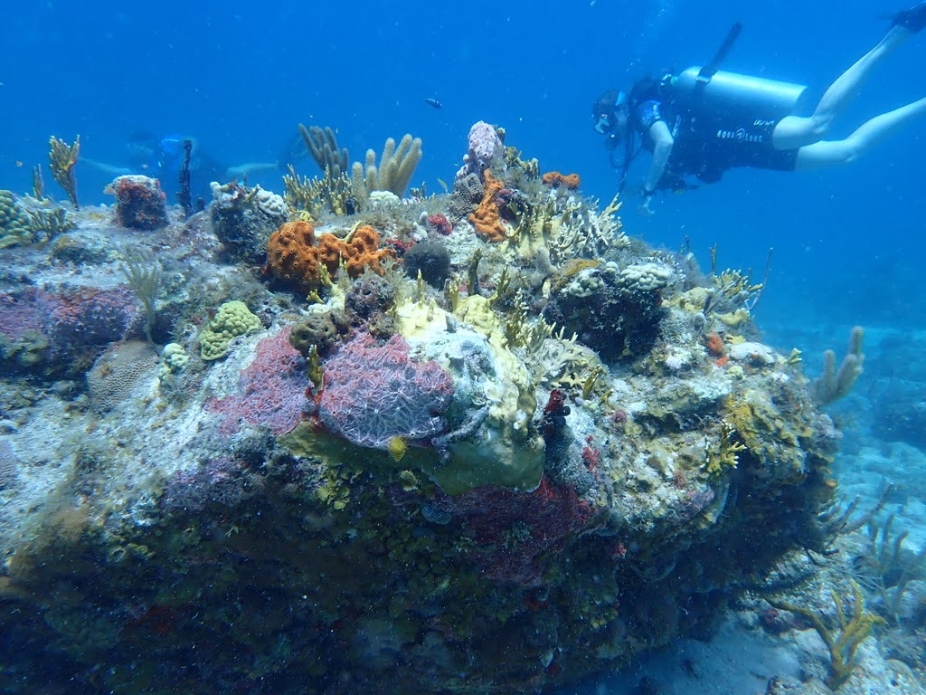When the lobsters march north: From complex models to collaborative solutions to save America’s coral reef
What is the future we want for America’s largest coral reefs? These delicate ecosystems support marine life and human endeavors but climate change is threatening their existence. There are several climate models addressing marine life impacts, however barriers prevent access to the communities who need them most. Current research addresses this problem by presenting a novel type of collaborative research that works closely with people who make their living on coral reefs while integrating climate metrics from the NCAR Community Earth System Model version 2 large ensemble (CESM2-LE), to predict what will happen to the coral ecosystem while providing adaptation techniques.
In her Explorer Series Lecture, Scientist Kelly Dunning addresses the gap between the existence of complex, high-resolution models and their utility for those who are seeing the most drastic effects of climate change on coral reefs. She will also discuss ongoing adaptation efforts, including livelihood shifts and novel restoration techniques.
Kelly Dunning
Kelly Dunning is director of the Wildlife & Wilderness Recreation Lab (formerly the Conservation Governance Lab at Auburn University). The lab has the following priority research areas: 1) Public policy that enhances recreation and conservation for wildlife and both public and private lands. 2) Sustainable recreation on public lands and waterways such as national parks and national forests. 3) Hunter and angler experiences, R3, and the North American Model of Wildlife Conservation. 4) Public policy for improving hunter and angler access and diversifying the hunting and angling community.
